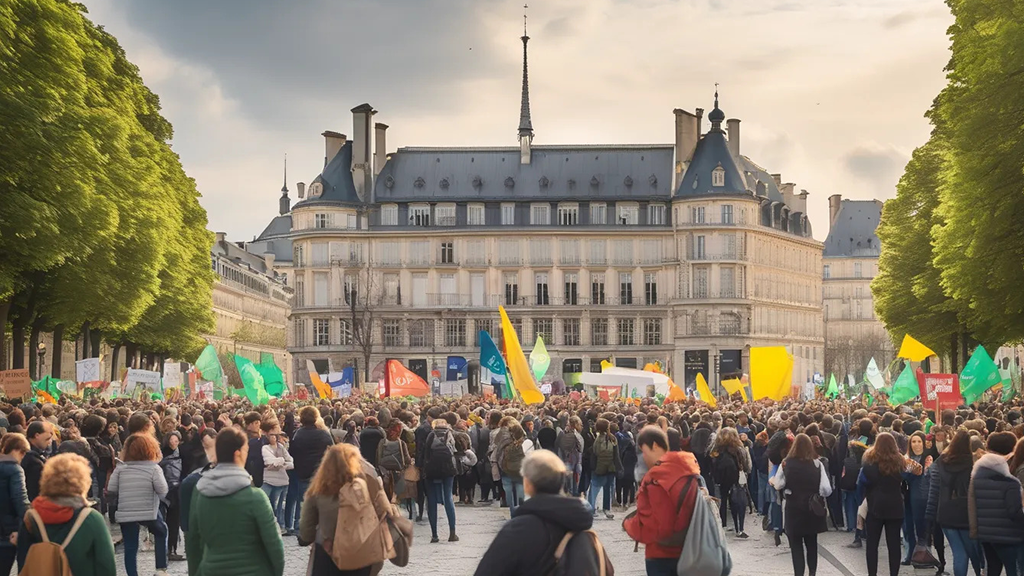

The European Commission’s revised Green Deal, aimed at tightening environmental regulations and accelerating the continent’s shift to carbon neutrality, has triggered widespread protests across France and Germany. Farmers, logistics workers, and industrial unions have staged large-scale demonstrations, arguing that the policy overhaul imposes unsustainable burdens on their livelihoods and threatens domestic food and energy security.
In France, thousands of farmers blocked highways and access roads to major cities, denouncing what they describe as “top-down ecological mandates.” Their main concerns include stricter pesticide regulations, reduced subsidies tied to emissions benchmarks, and an aggressive push for rewilding agricultural land. Protesters say the policy unfairly targets small-scale farms while giving leeway to larger agribusinesses and importers outside the EU who aren’t bound by the same environmental constraints.
Meanwhile, in Germany, protests have taken on a broader scope. Alongside farmers, industrial workers from the auto and chemical sectors have joined demonstrations, warning that the rapid enforcement of the EU’s green industrial policy could lead to offshoring and job losses. Union leaders argue that while climate goals are essential, the pace and scope of regulation under Green Deal 2.0 fail to consider the economic resilience of the working class.
Key sticking points include the EU’s expanded carbon border tax, its plan to phase out diesel subsidies for agriculture and transport, and newly proposed caps on nitrogen use. The Commission insists these are necessary steps to meet the 2040 emission targets and to maintain Europe’s credibility on climate leadership. However, critics argue that the transition is rushed without sufficient support mechanisms.
Some analysts suggest the EU implement a differentiated compliance timeline based on industry size and national capacity to de-escalate tensions. Others call for a robust compensation framework and local consultation processes to build trust and ensure smoother implementation.
The protests highlight a growing divide between environmental ambition and social feasibility — a tension Brussels can’t ignore.








© THE CEO PUBLICATION 2021 | All rights reserved. Terms and condition | Privacy and Policy